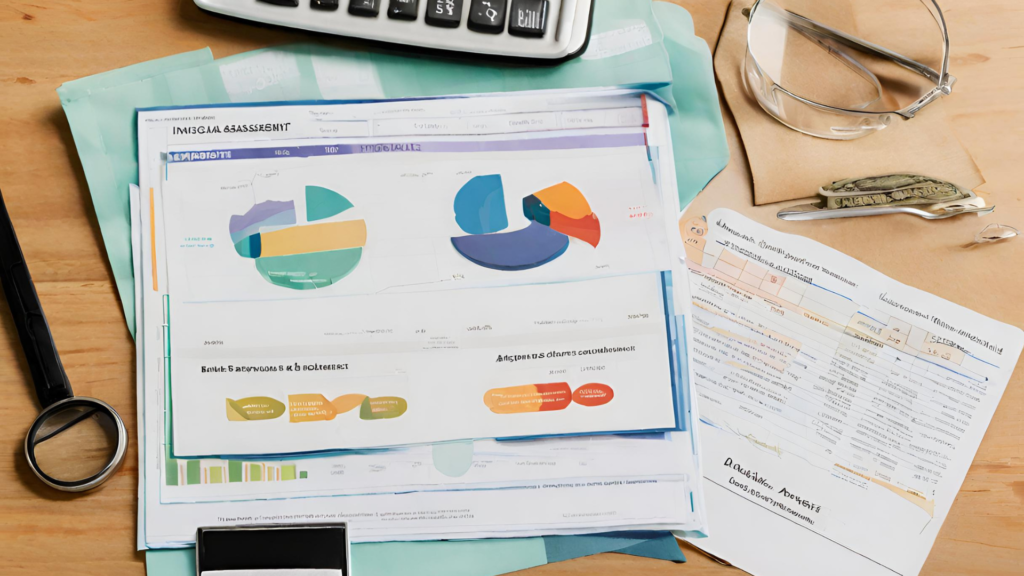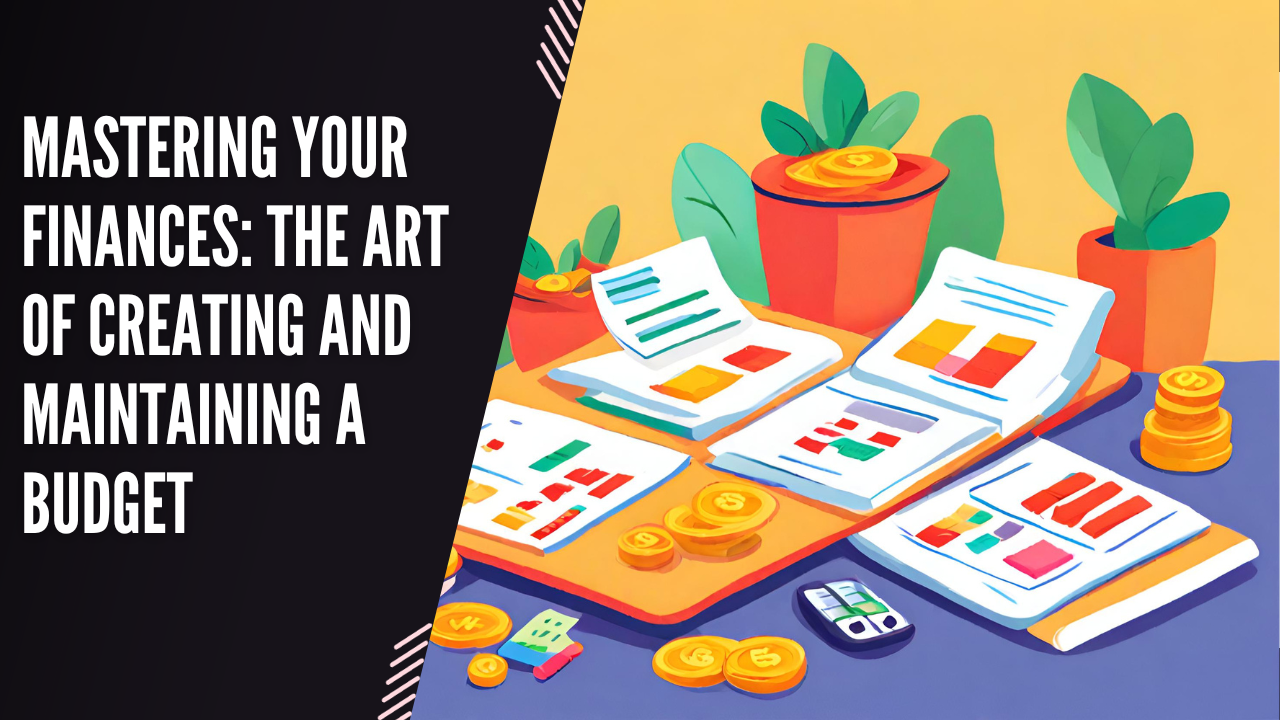Table of Contents
Introduction
We all strive for financial stability and the freedom it brings. However, achieving that goal requires more than just earning a good income. It requires effective budgeting and the discipline to stick to a financial plan. In this article, we will explore the key steps to creating a budget that works for you and share valuable tips to help you maintain it. By the end, you’ll be on your way to budgeting bliss and financial success.
“Money, if it does not bring you happiness, will at least help you be miserable in comfort.” – Helen Gurley Brown
1. Assessing Your Current Financial Situation

Before diving into budgeting, it’s crucial to assess your current financial situation. This step will give you a clear understanding of your income, expenses, and debt.
Analyzing Income:
- Calculate your total monthly income, including wages, freelance work, investments, and any other sources of revenue.
- Note the consistency of your income and identify any potential fluctuations.
Evaluating Expenses:
- Categorize your expenses into fixed (rent, utilities, loan payments) and variable (groceries, entertainment, shopping).
- Track your spending for a few months to identify any patterns or areas where you may be overspending.
Confronting Debt:
- Make a list of all your outstanding debts, including credit card balances, loans, and mortgages.
- Determine the interest rates and minimum payments for each debt.
2. Setting Financial Goals

Now that you have a clear picture of your finances, it’s time to set your financial goals. Having clearly defined objectives will give your budget a purpose and help you stay motivated.
Short-Term Goals:
- Define short-term goals that you can achieve within a year, such as saving for a vacation or paying off a smaller debt.
- Set measurable and realistic targets to track your progress effectively.
Long-Term Goals:
- Look ahead and envision where you want to be financially in five, ten, or twenty years.
- Examples of long-term goals include saving for retirement, buying a house, or funding your child’s education.
3. Creating a Realistic Budget

Now that you’re armed with the knowledge of your financial situation and clear goals, it’s time to create a realistic budget. A budget helps you allocate your income to different expenses and savings, ensuring you live within your means.
Calculate Income and Fixed Expenses:
- Sum up your total income and subtract your fixed expenses from it.
- Fixed expenses may include rent or mortgage payments, transportation costs, insurance, utilities, and loan repayments.
Prioritize Essential and Variable Expenses:
- Allocate a portion of your income to essential variable expenses, such as groceries, transportation, and healthcare.
- Identify areas where you can trim or cut back to free up extra funds.
Allocate for Savings and Debt Repayment:
- Set aside a portion of your income for savings and debt repayment.
- Aim to save at least 10-15% of your income and prioritize paying off high-interest debts first.
Plan for Irregular and Unexpected Expenses:
- Allocate a portion of your budget for irregular expenses like car repairs, medical emergencies, or home maintenance.
- This will prevent you from going off track when unexpected events occur.
4. Implementing and Monitoring Your Budget

Creating a budget is just the first step. Now, it’s time to put your plan into action and monitor your progress regularly.
Embrace Technology:
- Utilize budgeting apps and financial management software to help you track your income, expenses, and savings goals.
- These tools can provide real-time updates and notifications to keep you on track.
Review and Adjust:
- Monitor your budget regularly to ensure you are sticking to it and meeting your financial goals.
- If necessary, make adjustments to your budget as your financial situation or goals change.
Seek Professional Advice:
- If you’re finding it challenging to create or maintain your budget, consider seeking advice from a financial advisor or consultant.
- They can provide expert guidance tailored to your specific circumstances.
Conclusion
Budgeting may require discipline and effort, but it is the cornerstone of financial success. By assessing your current financial situation, setting goals, and creating a realistic budget, you are creating a roadmap to a brighter financial future. Stay committed, monitor your progress, and be open to adjustments along the way. Remember, budgeting isn’t about restricting your life; it’s about empowering yourself to make informed decisions and achieve your dreams. Start your journey to budgeting bliss today!









